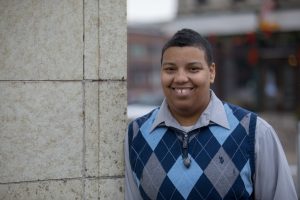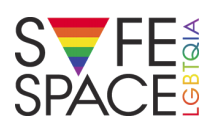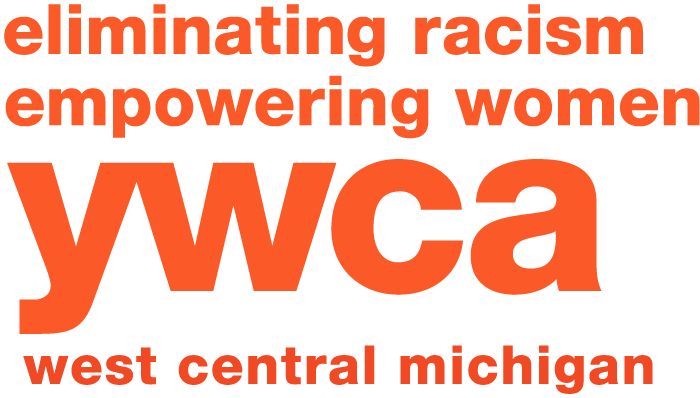LGBTQ: 5 Questions You Might Have About Coming to the YWCA
 By Jazz McKinney, YWCA Therapist
By Jazz McKinney, YWCA Therapist
You might have seen a rainbow flag on our website. Maybe you saw our table at Pride. But if you’re a member of the LGBTQ community, and you’re facing things like domestic abuse or sexual assault, you understandably might want more than that before deciding to come here for help. So, we’re answering some frequently asked questions about reaching out to the YWCA as an LGBTQ individual.
Why might someone from the LGBTQ community come to the YWCA?
The same reason all people come to the YWCA – to be safe, to heal. Because we understand trauma, and we have tools to help you through it. But beyond that, because our staff are trained in how to understand intersectionality, and the way that domestic abuse and sexual assault can impact someone, especially related to their gender identity and/or sexual orientation.
 What have you done to make it safe for me?
What have you done to make it safe for me?
Fundamental to safety is making sure each person who walks through the YWCA’s doors is respected and treated with equal dignity. If you’ve been victimized through domestic or sexual violence, someone has tried to take away that dignity; they’ve tried to diminish who you are; they’ve tried to upend your world. The YWCA works with you to counter all of that; to undo the psychological and emotional chaos assailants cause; and to help with the practical day-to-day things you need to navigate your situation. And with 40+ years in the fields of domestic and sexual violence, the YWCA’s staff has extraordinary expertise in doing so.
That’s at the individual level.
Organizationally, we’ve done a lot of work on the administrative side of things. We revamped our intake paperwork to be more inclusive of different identities (i.e. you’re not just limited to checking a box for male or female). If you choose to let us know your pronouns, we can save it in our system – so it is asked once and not something you have to continuously note or ask for. Gender neutral bathrooms were created as part of the YWCA’s renovations. At the staff level, we’ve worked internally and with our partners – Grand Rapids Pride Center and Equality Michigan – to help ensure you feel supported. In our services, we added a support group specifically for LGBTQ sexual assault survivors.
LGBTQ+ focus groups, coordinated with the help of GR Pride Center, informed the messaging for our marketing. You can see LGBTQ people represented in our marketing photos. Our language is gender-inclusive.
Are there people at the YWCA who identify as part of this community?
Yes, though we respect employees’ decisions about how much they would like to share with regards to their identity. You may or may not work with a service provider who identifies as LGBTQ, but we strive to make sure all our staff can serve anyone who is part of the LGBTQ community and be respectful of their identity and what they need.
If I’m not out, will I have to come out to access services?
Absolutely not. We will “meet you where you are.” How much of your story and what parts you want to share throughout your time with the YWCA is completely up to you. We want you to open up about whatever you’re going through and let us know how we can help you best. You’re in the driver’s seat.
How do I get the services I need? Or what if I don’t know what I need?
Our confidential helpline is available 24 hours a day, 7 days a week (616.454.9922, or, if it helps you remember – 616.454.YWCA). You can call us about things like domestic and dating abuse, sexual assault, stalking, child sexual abuse, etc. If you don’t know what you need, but know you need help, just call. Our staff can talk you through it and discuss the various options that are available. You don’t have to do anything you’re not comfortable with or ready for.
If you’re not ready to make that call, but want to learn more, check out our Services here.
